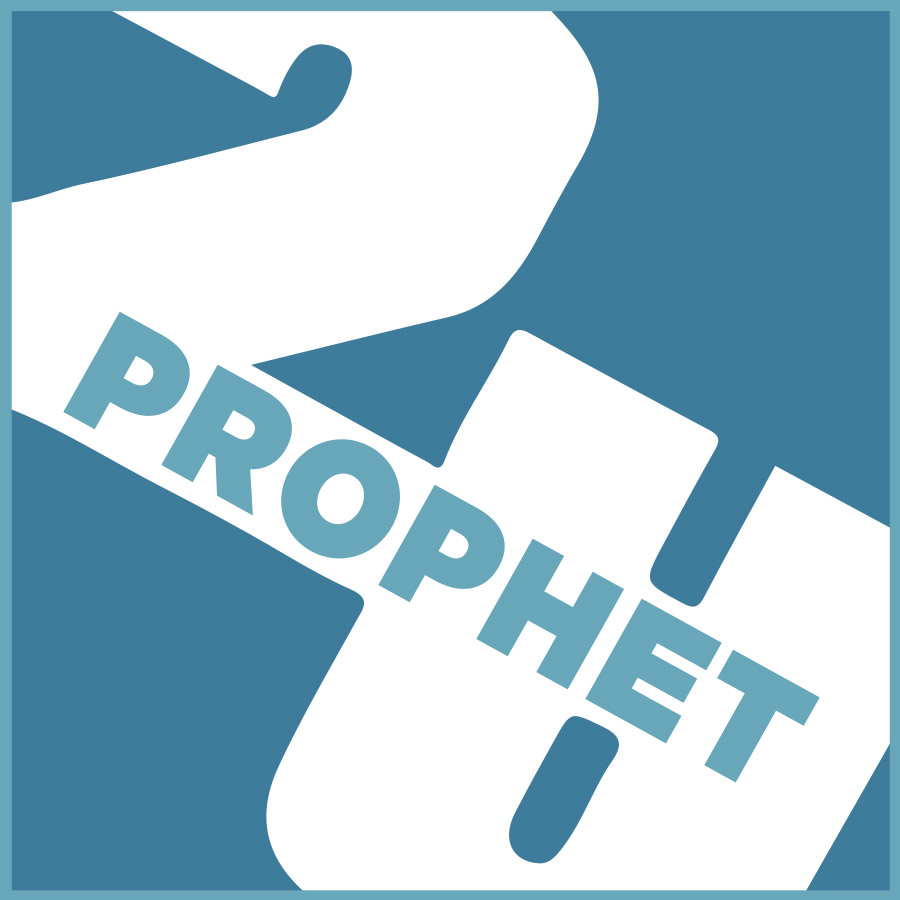| S | M | T | W | T | F | S |
|---|---|---|---|---|---|---|
| 1 | 2 | 3 | 4 | |||
| 5 | 6 | 7 | 8 | 9 | 10 | 11 |
| 12 | 13 | 14 | 15 | 16 | 17 | 18 |
| 19 | 20 | 21 | 22 | 23 | 24 | 25 |
| 26 | 27 | 28 | 29 | 30 | 31 | |
Written by: Brian G. Hedges
(As seen in Pastor Connect from Life Action Ministries www.lifeaction.org)
Reprint permission granted.
A significant part of a preacher’s work is book work. We simply cannot feed the sheep if we are not feeding ourselves, and the primary way we feed ourselves is by reading. But the threats against a pastor’s reading are many.
We have many responsibilities, each of them competing to gain the best of our time. These all have to be managed so as to not neglect any of them. Some pastors probably spend too much time reading and too little time praying or visiting or administrating. But other pastors read too little and excuse themselves with a variety of reasons.
John Wesley was alert to this danger and wrote to young Methodist preachers: “Spend all the morning, or at least five hours in twenty-four, in reading the most useful books, and that regularly and constantly.”[1] He then anticipated and answered four excuses that might given by non-reading preachers.
1. “But I read only the Bible.” This sounds like a really spiritual excuse for our neglect of reading. But none of us would take that statement to its logical conclusion: If persons should read only the Bible and nothing else, it follows that they should hear only the Bible and nothing else. In which case, we’re out of a job, because preaching becomes unnecessary. So counseled Wesley: “Then you ought to teach others to read only the Bible, and, by parity of reasoning, to hear only the Bible. But if so, you need preach no more.”
2. “But I have no taste for reading.” Wesley pulled no punches. He frankly believed that a preacher who didn’t like to read should find a different trade. He also knew that the way to gain a taste for reading is by reading, so he insisted that preachers discipline themselves to read. With no hesitation or qualification he said, “Contract a taste for it by use, or return to trade.”
3. “But different men have different tastes.” It is true that God calls different kinds of men into the ministry, with a variety of gifting, each with its own set ministry-related strengths. Some men are naturally contemplative and will find less difficulty giving time to prayer. Other preachers are naturally organized and have strong administrative skills. Still other men have an intellectual bent and will have no trouble giving time to reading and study.
So, if I’m “not a reader,” why should I feel bad about not reading? Well, John Wesley acknowledged the differences in gifts but still insisted that reading was essential. He said, “Therefore some may read less than others; but none should read less than this.” (Five hours a day!)
4. “But I have no books.” This may be a legitimate complaint of some pastors. Books are expensive, and the want of good books might make helpful reading more difficult. Wesley’s solution was a generous offer to purchase books for his itinerants! “I will give each of you, as fast as you will read them, books to the value of £5.” I’m sorry that I cannot make the same offer! But books are more readily available today than ever before.
There are multitudes of free books on the Internet. Many ministries offer books at a “whatever you can afford” price-a resource which truly needy pastors should feel no shame in accepting. There are university and seminary libraries with whole floors devoted to books on theology and Scripture. Even smaller, local libraries can do inter-library loans. Books can be obtained. To quote the words of Jesus from another context, “Seek and you shall find.”
Admittedly, devoting five hours a day to reading may be a stretch for many pastors. But surely we should devote what time we can to reading and study. By eliminating television or unhelpful browsing of the Internet, many pastors could free up an hour or two for reading each day.
Reading requires discipline. But the investment of time yields great dividends for our personal life and ministry. The depth and breadth that reading will add to our thinking and preaching are surely worth the effort. Brothers, do not neglect reading!
Brian G. Hedges
Notes:
[1] This and the following statements are quoted in Iain H. Murray, Wesley and Men Who Followed (Edinburgh, The Banner of Truth Trust, 2003) 89-90 (emphasis original).

2ProphetU is an online magazine/website, started by Warren Wiersbe and Michael Catt, to build up the church, seek revival, and encourage pastors.
